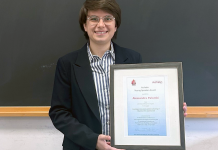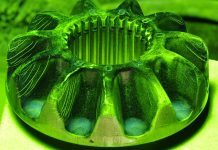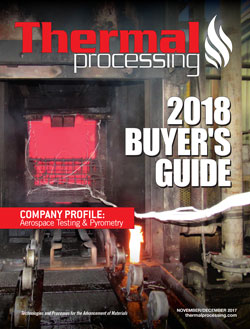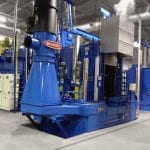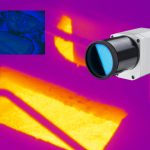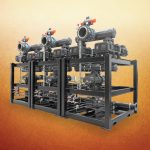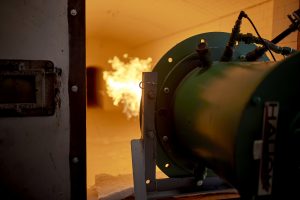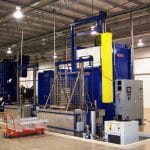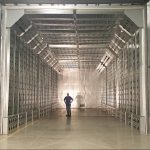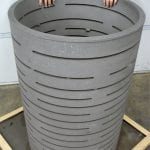Aerospace Testing & Pyrometry (ATP) offers a wide range of pyrometry services that include instrument calibration and testing of thermal processing equipment as well as consulting and training to meet industry, customer, and Nadcap standards. Success boils down to the relationship between ATP and its customers.
“We don’t look at ourselves as an external service provider, but an extension of our customer’s team,” said Andrew Bassett, president of ATP. “We like to immerse ourselves with our customers and ensure they’re on top of their game specific to aerospace requirements, knowledge, and compliance. If we help our customers pass their Nadcap (National Aerospace Defense Contractors Accreditation Program) audit and minimize non-conformances and problems during the audit, then we’ve done our job.”
“The ATP core is instrument calibration and testing. However, ATP has Nadcap consulting expertise that ensures that customers comply with requirements,” Bassett said. “ATP also has a dedicated laboratory function that can support calibration of secondary standards and field test instruments that need to be calibrated within a controlled humidity and temperature environment.”
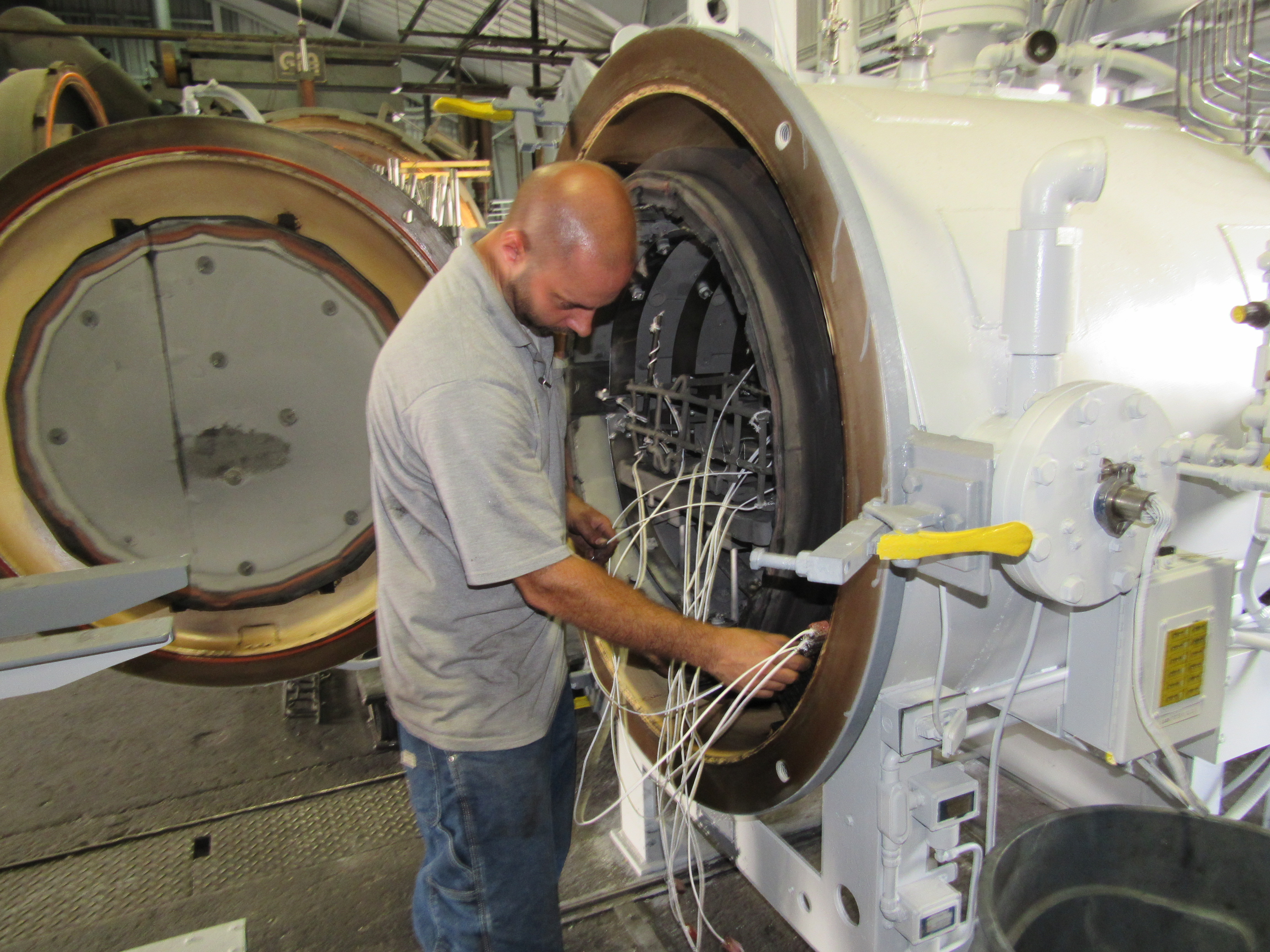
Service Oriented
Approximately 95 percent of ATP work is service oriented, according to Bassett. Although, he added the company does perform instrument reselling if a customer were to need this service, but instrument calibration and testing form the bulk of the work.
“ATP customers perform thermal processing for aerospace applications,” he said. “Aerospace imposes rigorous requirements relative to the frequency and allowable tolerances of instrument calibration and testing. A wide variety of aerospace prime contractors such as Boeing, GE Aviation, SAFRAN, and UTC have their own specifications defining the requirements of how thermal processing equipment is calibrated and tested. ATP assumes the role of experts navigating the various specifications and proposes pyrometry programs to support compliance.”
Consulting and training make up the other aspect of the ATP business model, according to Bassett.
“ATP has a former Nadcap heat-treat auditor on staff,” he said. “The consulting responsibilities target companies that wish to attain Nadcap accreditation or are already accredited and want an independent expert to scrutinize their system. Occasionally, ATP receives inquiries from customers who have failed their Nadcap audit and request expertise on how to navigate and assist in the recovery process. ATP also provides heat-treat and pyrometry training through the consulting/training arm of the company. Additionally, during 2016, ATP achieved ISO 17025 laboratory accreditation for the calibration of field test and secondary standard instruments.”
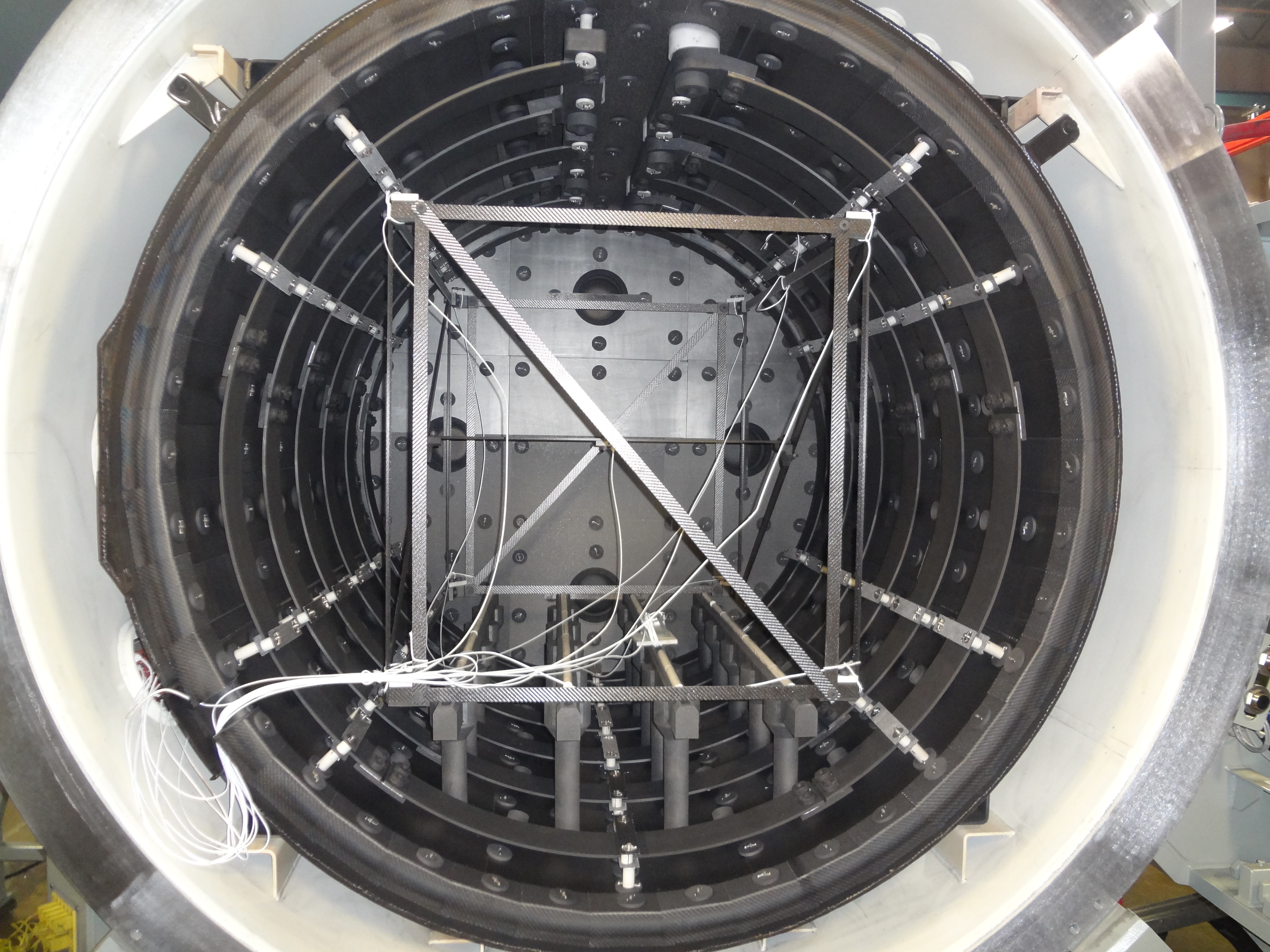
Nadcap Importance
Over the last 30 years, Nadcap accreditation has become extremely important in the aerospace, medical, and industrial fields, according to Bassett.
“Any facility performing a special process on an aerospace part shall be mandated to seek Nadcap accreditation” he said. “In the thermal-processing world, facilities performing heat treating, brazing, induction hardening, sintering, or hot isostatic pressing (HIP) for aerospace prime contractors have subscribed to the Nadcap program. All special process suppliers would testify that the Nadcap compliance process is very thorough and in-depth.”
“I liken the Nadcap audit process to ISO 9000 on steroids,” he said. “It interrogates not only the quality system, but also how parts are being received, cleaned, racked, thermally processed, and inspected. Not every aerospace prime contractor mandates Nadcap accreditation, but the majority do. For example, if the supplier will be processing a widget that is destined for the Lockheed-Martin F-35, Nadcap accreditation shall be achieved before the part can be processed.”
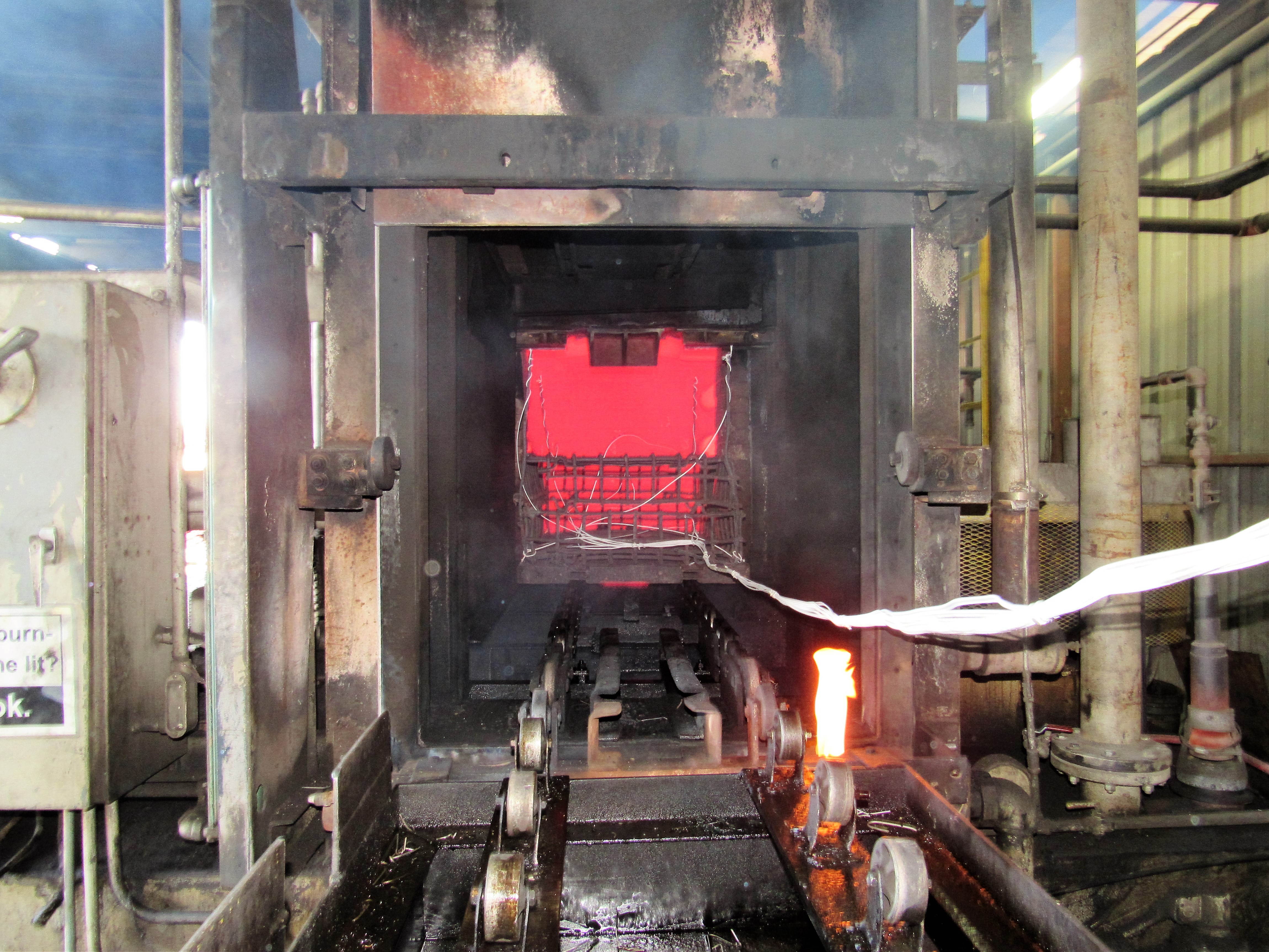
Revising Standards
The experts who form the ATP team are not just content to give quality service based on pre-existing standards, but they are helping to set those standards, according to Bassett.
Bassett and Colin Thomas, ATP’s Nadcap heat-treat consultant, are working with the Aerospace Materials Engineering Committee (AMEC) on the latest version of AMS 2759, which consists of the base aerospace materials specifications for the heat-treat of steels. AMEC oversees all the aerospace materials specifications.
“We’ve been active in helping craft these documents, which will be rolled out within the next year,” Bassett said. “It’s been over five years of rewriting effort. We’re active in having input into anything that deals with thermal processing and pyrometry.”
Bassett said he and his team also are instrumental in revising AMS 2750, which is the main pyrometry specification that guides the instrument calibration and testing of thermal processing equipment. The first meeting to discuss these revisions was planned for the end of October 2017.
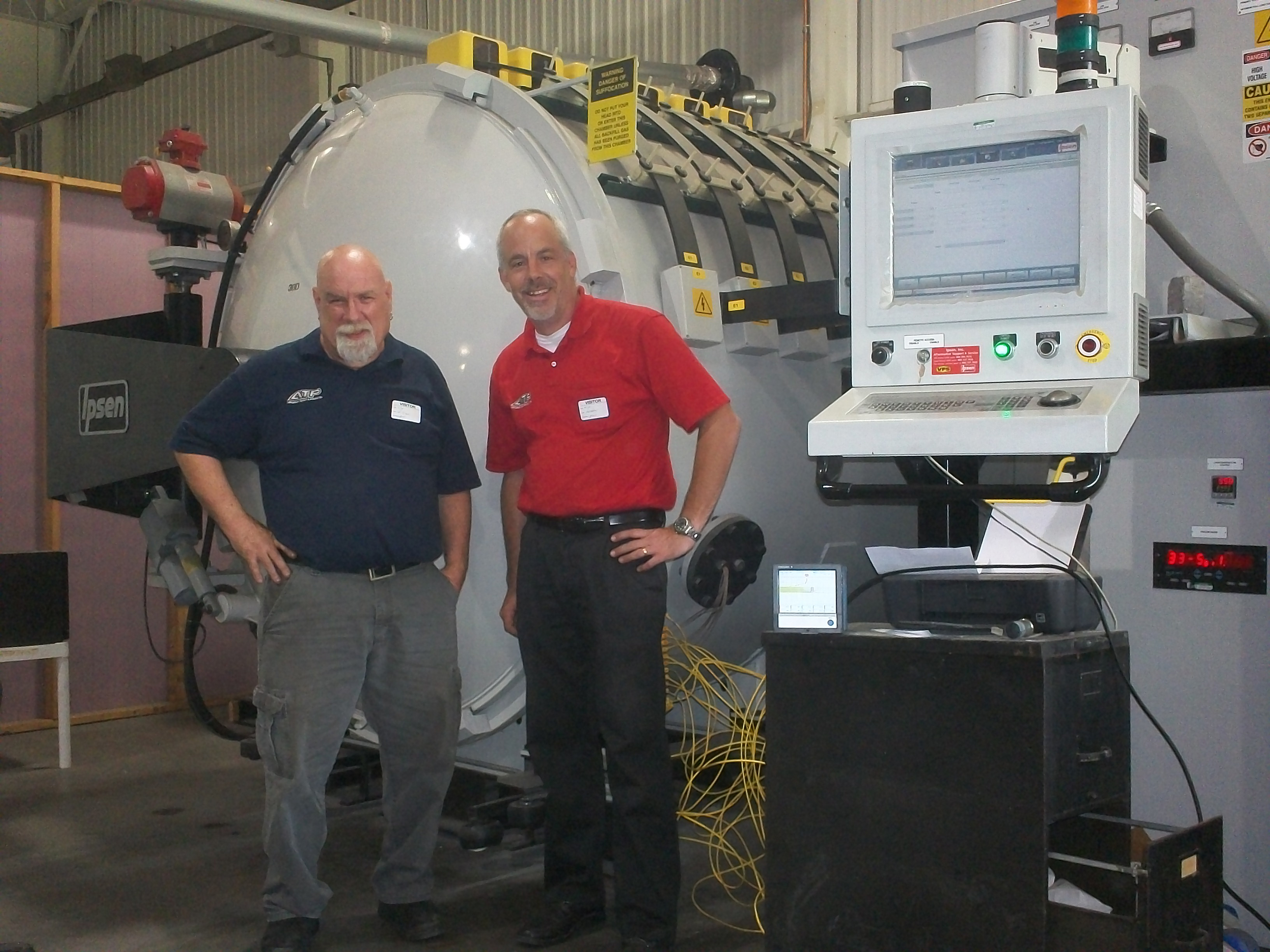
“Colin Thomas has volunteered to write an AMS standard on HIP,” he said. “Currently, there is no industry standard for the process control and pyrometry requirements of HIP equipment.”
Industry standards are important, which is one reason for the existence of Nadcap accreditation. To that end, Bassett said this is one of the main reasons ATP is needed.
“The main focus from the outset has been to build a company around the Nadcap process,” he said. “ATP has expanded, not just in the thermal processing, but with companies performing chemical processing, coatings, welding, or non-destructive testing and composites.”
This wide range of expertise gives ATP the ability to address all aspects of the pyrometry and special processes.
“There are a lot of companies that will just do the consulting, and you have other companies that will just do the calibration and testing, and they also may have a separate laboratory,” he said. “But we feel we’re the only company that has it all, that’s all-encompassing around Nadcap.”
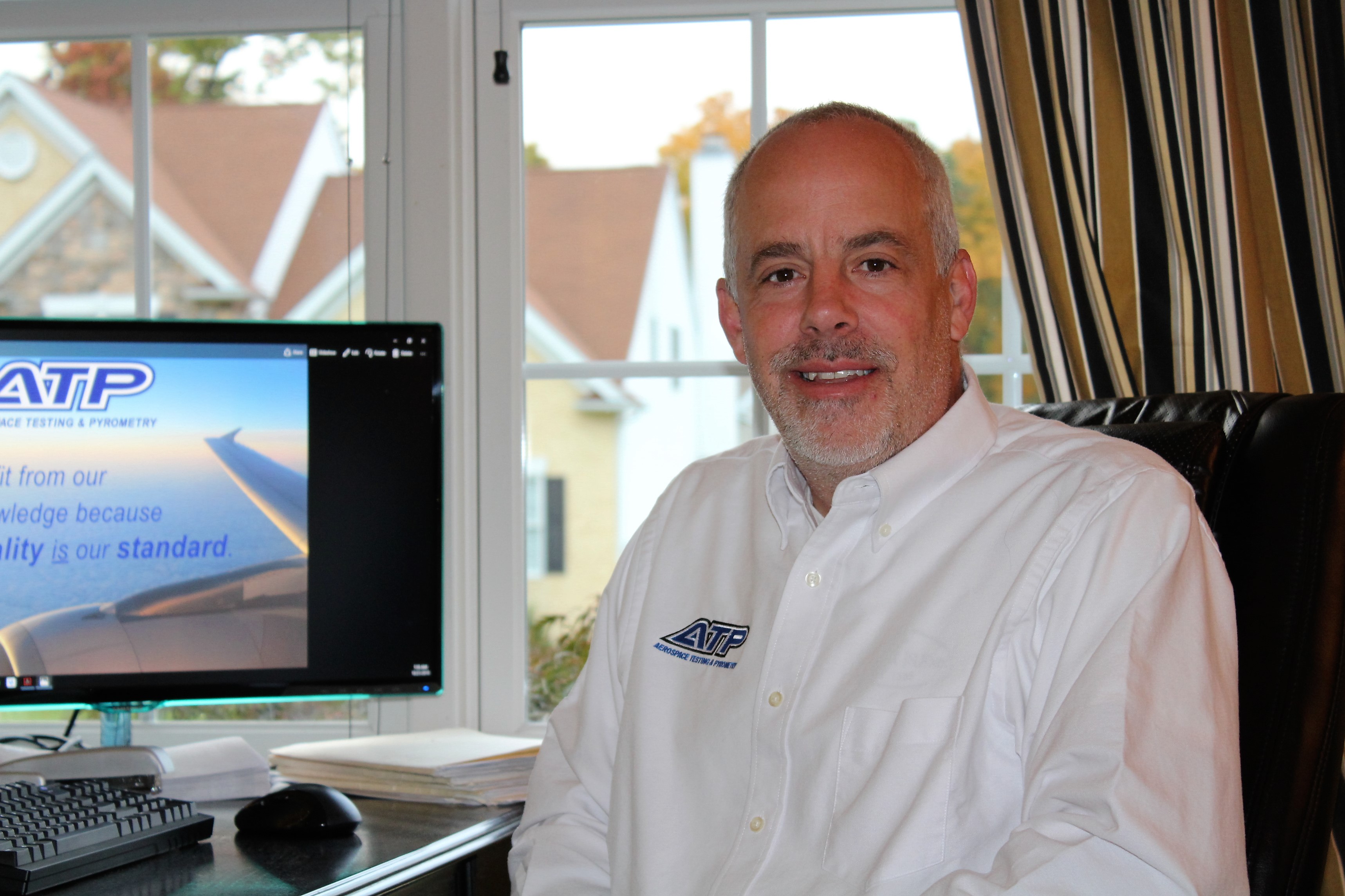
Future Growth
Since ATP began in 2007, Bassett said his goal has never been to become a huge conglomerate company.
“I feel that we’re the best in the industry, and I want to continue to be the best,” he said. “We’ve expanded from the days of just me flying around the country and taking care of customers to having offices in Connecticut, Ohio, Oklahoma, California, and two offices here in Pennsylvania.”
Bassett sees one day expanding even farther with offices in the Southeast, the Pacific Northwest, and possibly into Europe and China.
But in the end, it all comes back to the customer, according to Bassett.“Nothing’s off the table in my book,” he said. “Right now, we’ve got our hands full in the continental U.S. and Canada and Mexico, but I’m never going to turn down an opportunity to go somewhere else if the need arises.”
“That’s our life bread,” he said. “We want to make sure they’re happy. And we’re just an extension of their organization. We don’t charge for phone calls and emails. We don’t mind giving you the information that you need to be successful. Because once you’re successful, then ATP is successful.”
For more information www.atp-cal.com




